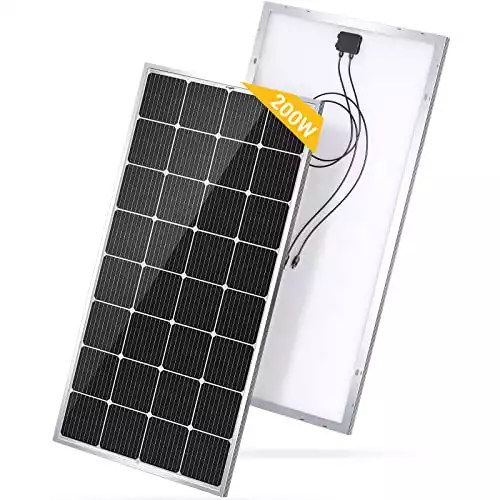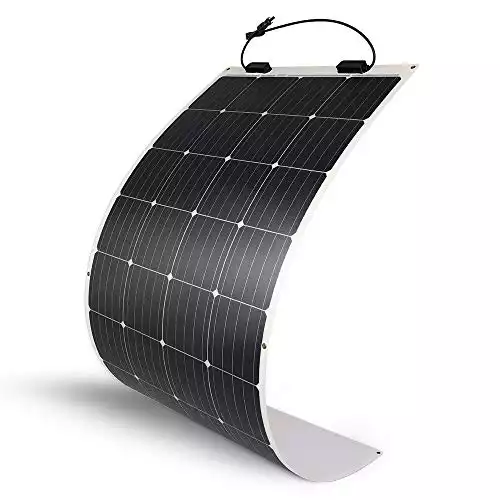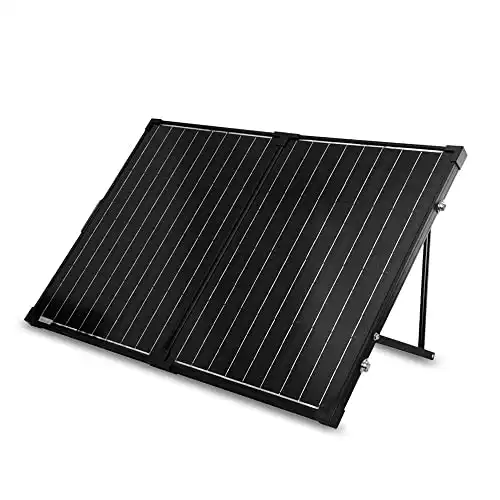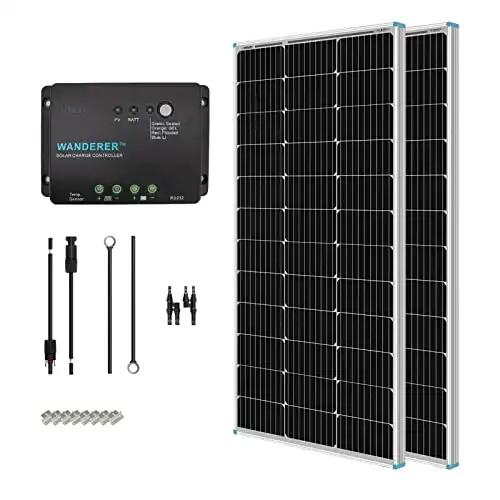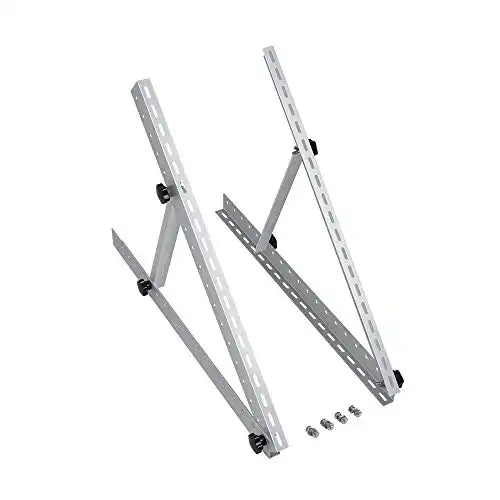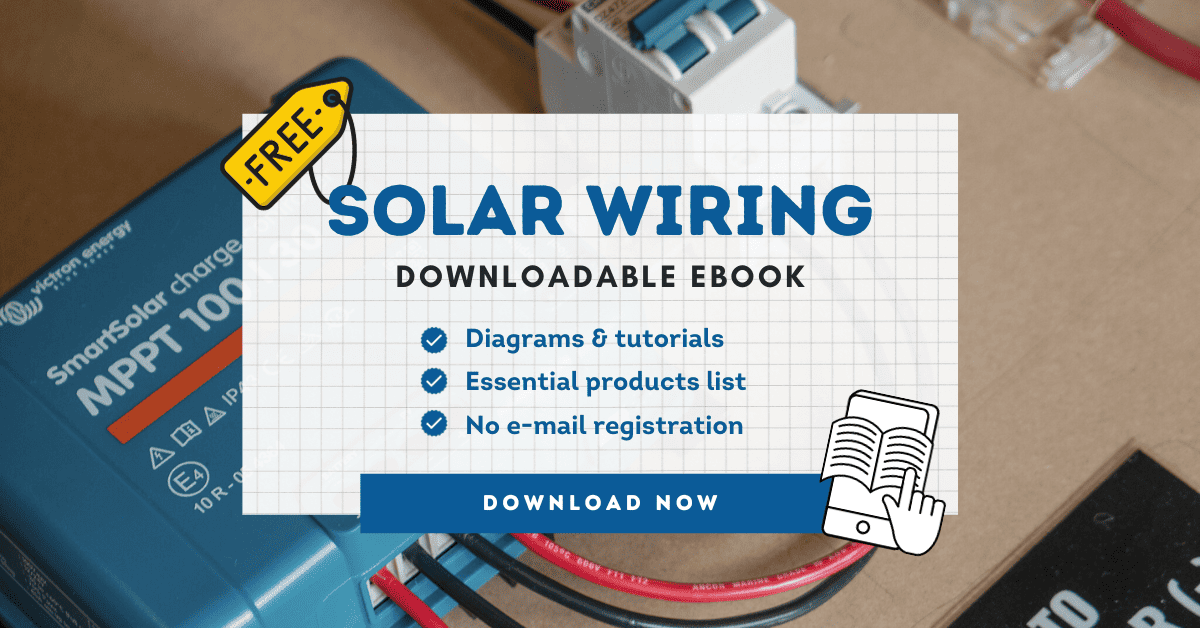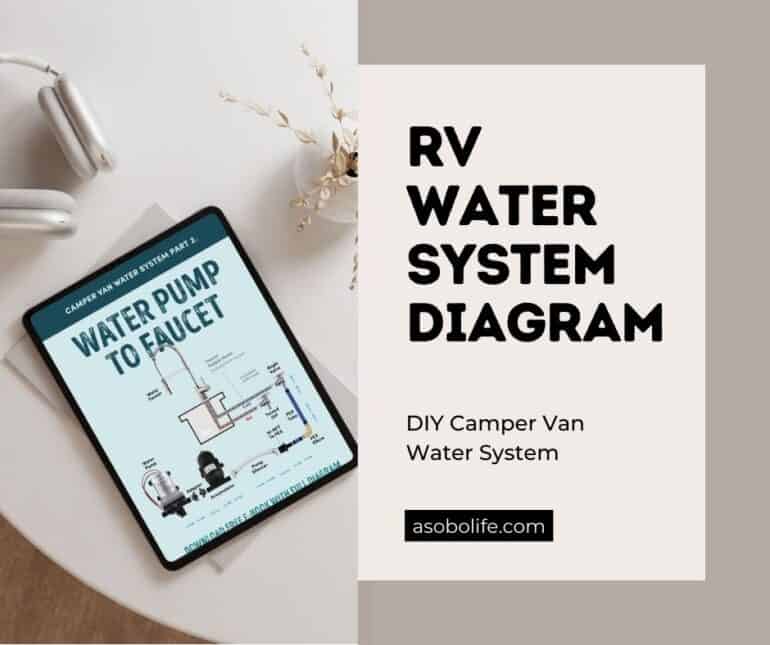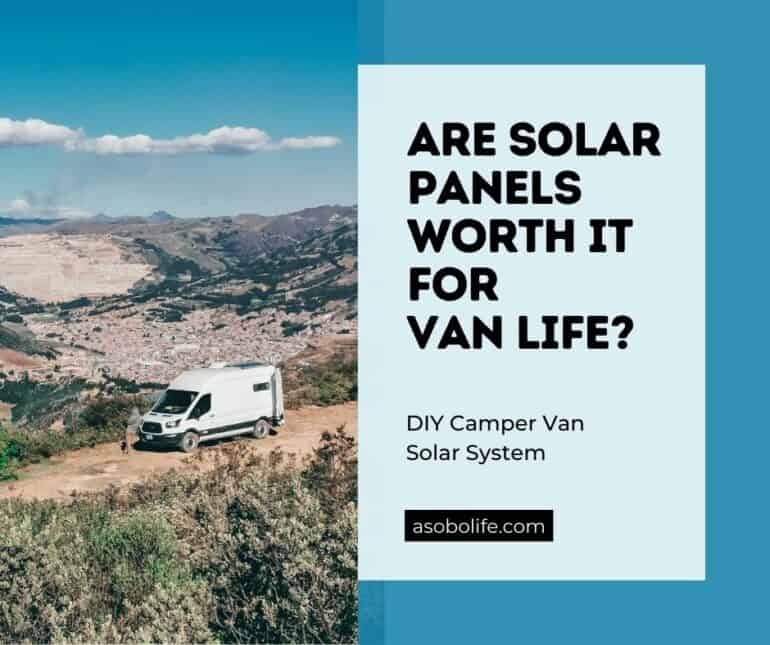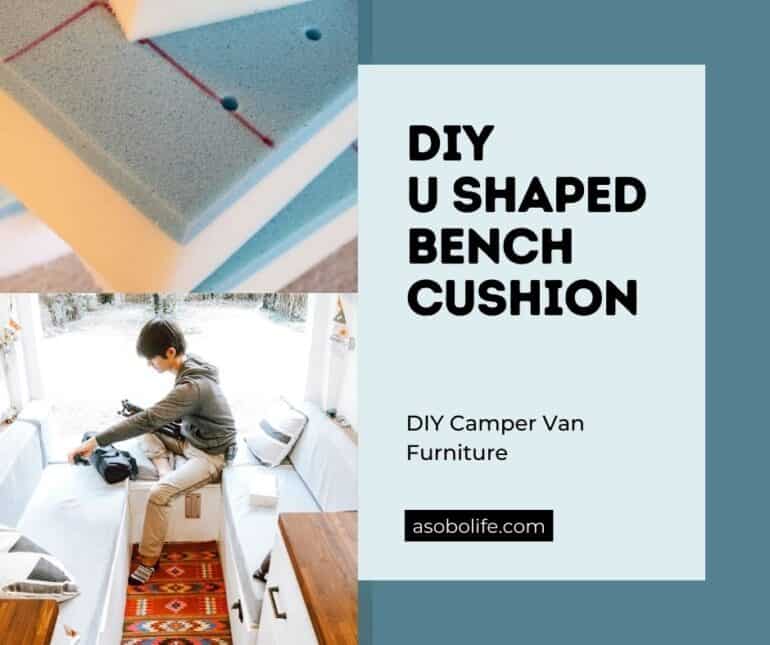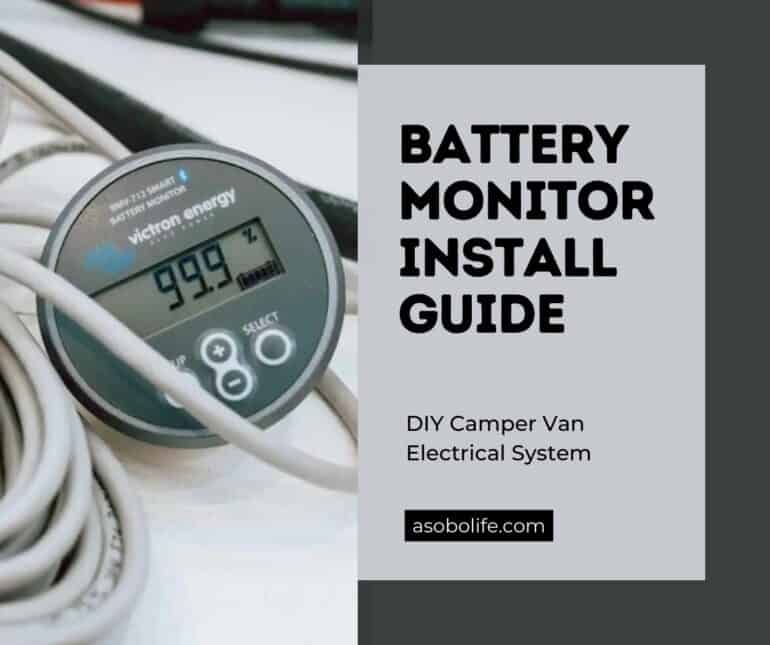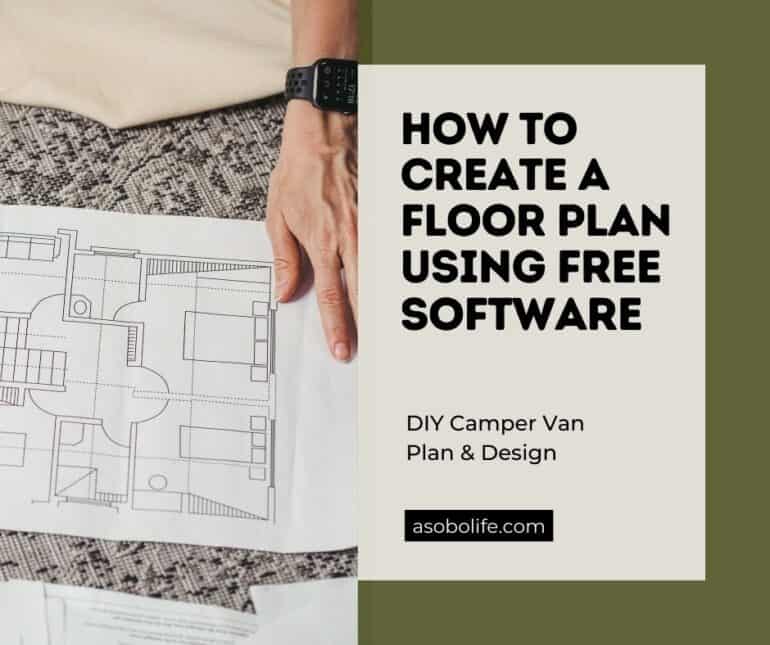Best Camper Van Solar Panels (Updated 2024)
Looking to build a campervan capable of off-grid living? Then, utilizing solar power is one of the most important things you can do to become energy-independent. But which are the best camper van solar panels?
This post will look at some of the most popular camper van solar panels installed on van conversions today. We’ll delve into rigid panels, flexible panels, suitcase-style panels, and convenient all-in-one solar kits.
Not only that, we’ll also look at some of the critical factors to think about when shopping for your van panels.

Disclosure: As an Amazon Associate, this site earns from qualifying purchases. Though we may earn a commission, the price you pay always remains the same.
Best Solar Panels for Camper Vans
1. Rigid Solar Panels (BougeRV)
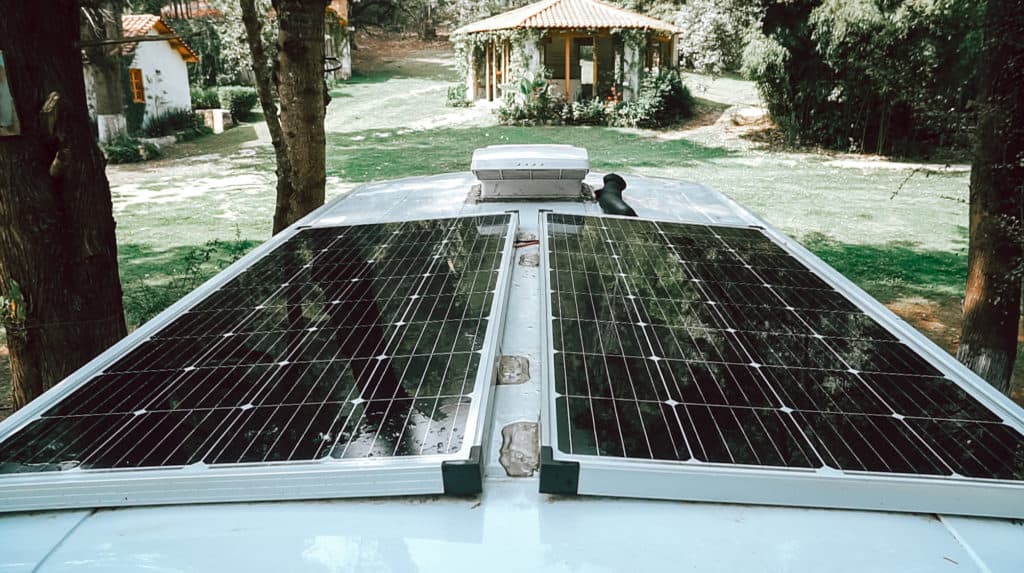
Rigid solar panels are the best types of panels to install on a camper van’s roof. These panels are sturdy and the tempered glass top layer protects the solar cells from accidental contact with low-hanging branches and other debris. Most panels come with a limited 25-year warranty.
Specifically, we recommend rigid panels from BougeRV. We use the older (5BB) 180-watt panels on our camper van and have been happy with the quality. But for all future van conversions, we would go with their newer (9BB) 200-watt panels.
We've spoken with BougeRV reps and came away impressed with their customer service. They also make excellent quality, highly efficient '9BB' solar panels. Consider installing a larger 200W panel instead of multiple smaller panels.
100% we would buy again for a second camper van build.
2. Flexible Solar Panels (Renogy)
These Renogy flexible solar panels are a great option if you want a simpler solution to installing solar panels on your campervan. Follow the video tutorial below to secure the panels using only tape. No drilling needed!
Flexible panels are popular for those who want to maximize stealth and/or do not want to drill holes through their van's roof. This 175W panel from Renogy is a common alternative to rigid panels.
These razor-thin panels also mean not only are they better for aerodynamics, but they’re also less visible from the street side. This makes flexible panels a good option for stealth camping.
Unfortunately, what we don’t like about flexible panels is that the surface of these panels tends to scratch over time, leading to faster wear and tear. Also, flexible panels are prone to overheating, thus reducing efficiency over time.
If we HAD to purchase flexible panels, we would get them from Renogy due to their US-based solid customer service and return policy. But otherwise, we prefer rigid solar panels.
3. Foldable “Suitcase” Panels
If stealth camping is your primary concern, consider looking into a suitcase-style solar panel for your camper.
Ideal for stealth, this 100W foldable solar panel packs away when driving and when parked in public areas.
When not needed, fold the solar panel away and store it inside your van. There won’t be any evidence of a solar panel installation outside your van.
Unfortunately, this also means you won’t be able to harvest energy while the suitcase panel is folded and stored. For this reason, we would not recommend suitcase panels over the traditional rigid and flexible solar panels.
4. All-In-One Solar Kits
For many people, buying all the individual components to build their solar system is too confusing and not interesting. If that sounds like you, Renogy has assembled its 200W all-in-one solar kit.
Convenient all-in-one solar system kit. Includes solar panels, wiring, charge controller, and all required connectors—the perfect plug-and-play solution.
In addition to the solar panels, the kit also includes all the small devices and obscure components needed to complete the installation process. Simply plug and play!
Best of all, the Renogy warranty is some of the best in the solar panel market.
What’s Included?
- Two 100w rigid solar panels
- MPPT solar charge controller
- 10A wires
- Z-bracket mounts
What To Consider When Buying Camper Van Solar Panels
When it comes to solar panels and campervans, there are five important factors to think about.
1. Total Watts for Your Solar Array
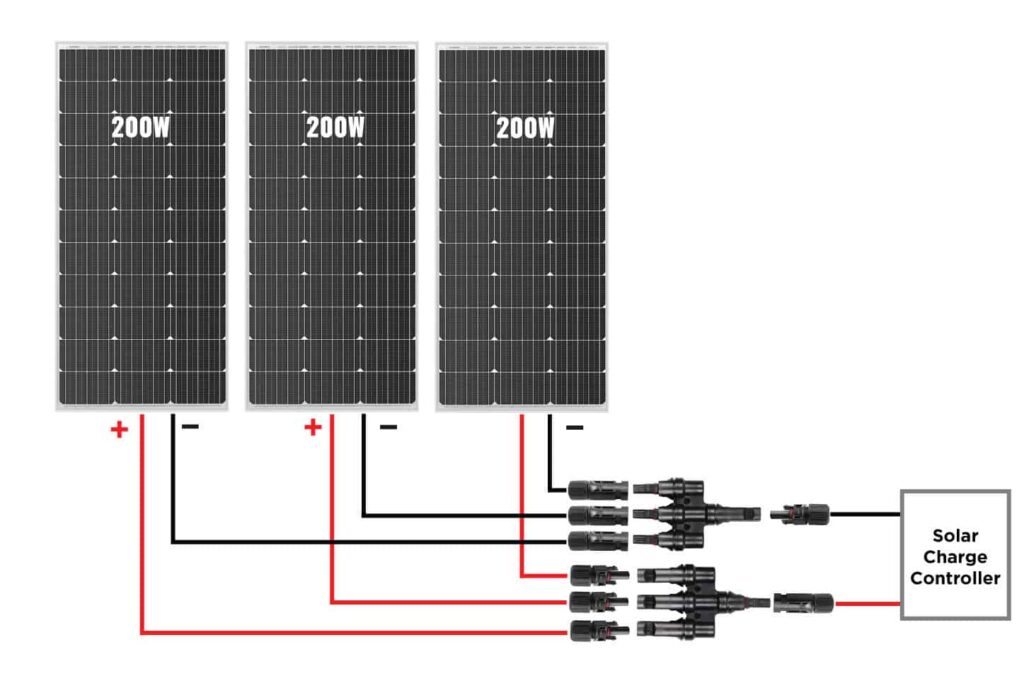
The total wattage of your solar panel array must be able to sustain your daily energy usage. But how many watts is enough?
100-watts? 300-watts? More?
That answer depends on how much electric power you require to charge all your electronic devices (lights, laptop, heater, etc).
Unless you’re running a bare-bones electrical system, we recommend at least 200-300W worth of solar panels.
Interested to learn more? Van Life Solar Calculator
2. Dimensions of Solar Panels & Van Roof
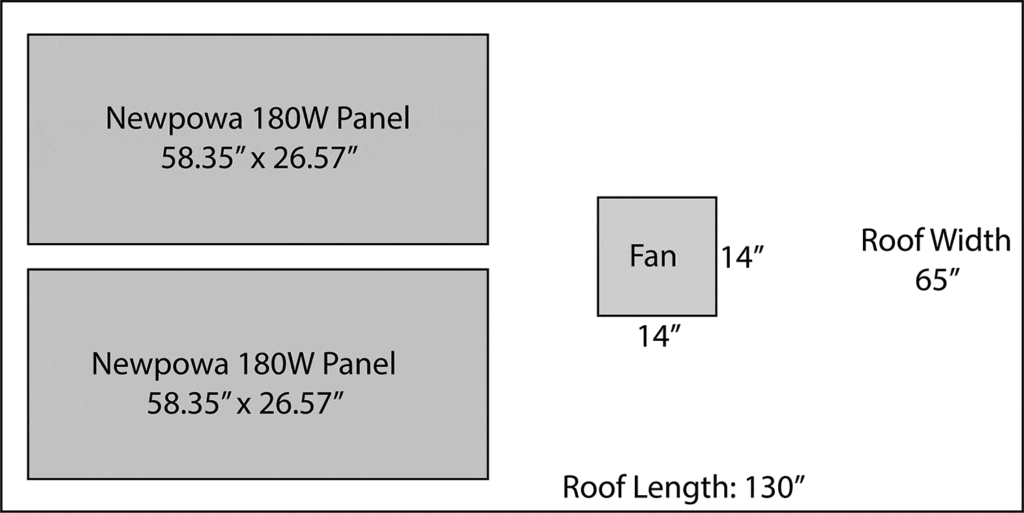
If you want to get technical, knowing the actual dimensions of your vehicle’s roof is an excellent place to start.
Once you know the roof dimensions, you can look up the dimensions of the different solar panels available and get an idea of how they would fit on your roof.
This is precisely what we did when planning our solar build.
Using Adobe Illustrator, we superimposed the dimensions of the Newpowa solar panels on a rectangular area representing our Ford Transit roof. We saw that the panels would neatly fit in the rear end of our van with plenty of distance away from our MaxxAir vent fan.
3. Is Stealth Important?
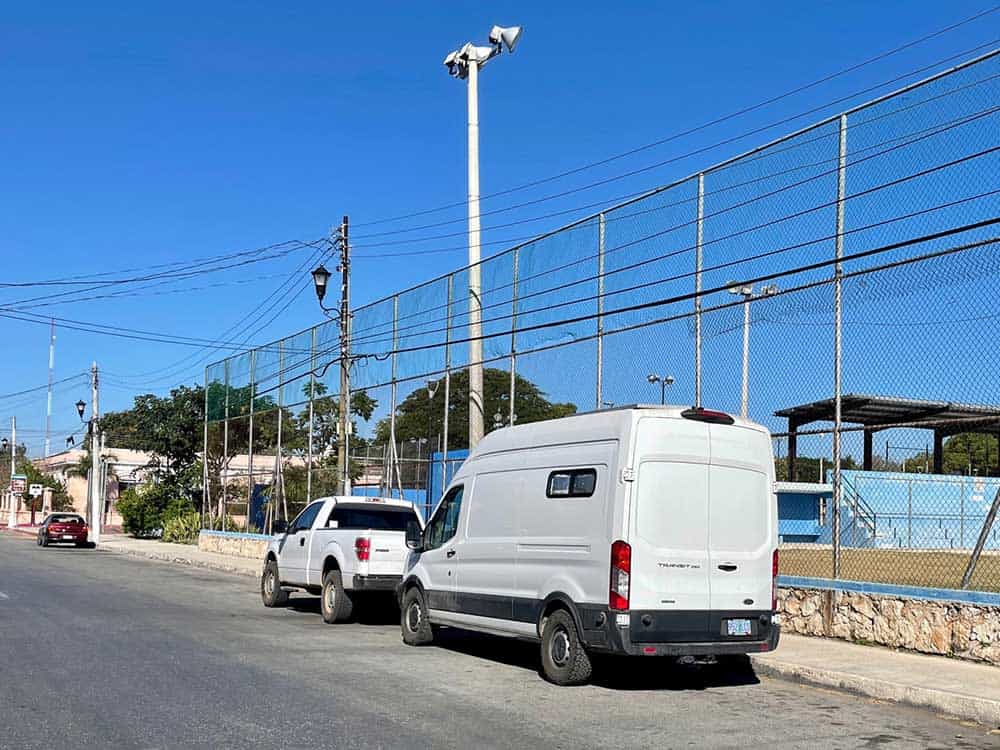
How vital is stealth camping for you? Only you will be able to answer that question. If it’s your top priority, rigid solar panels may not be your best option. Even without a roof rack, rigid solar panels can be seen and identified from the roadside to people who know how to look out for them.
Aka: The police and potential thieves.
If camping discreetly is your thing, consider flexible solar panels or even suitcase panels to meet your needs.
Related read: Why Stealth Vans Are A Terrible Idea
4. Warranty (Longevity of Panels)
If you intend to be traveling/living in your campervan for longer than a year or two, you should prioritize solar panel build quality. Personally, we would stay away from flexible panels due to the tendency for the panel’s surface to scuff and scratch. The longevity of flexible panels is also questionable due to their inability to properly dissipate heat.
Rigid solar panels for your campervan should be ideal if long-term van life is in your plans.
5. Will You Drill Holes on Your Van’s Roof?
If you decide to use rigid solar panels, you’ll need to install a roof rack or drill the panels directly onto your van’s roof. But with holes comes the risk of leaks when it rains. And leaks are nobody’s idea of a good time, especially for van lifers.
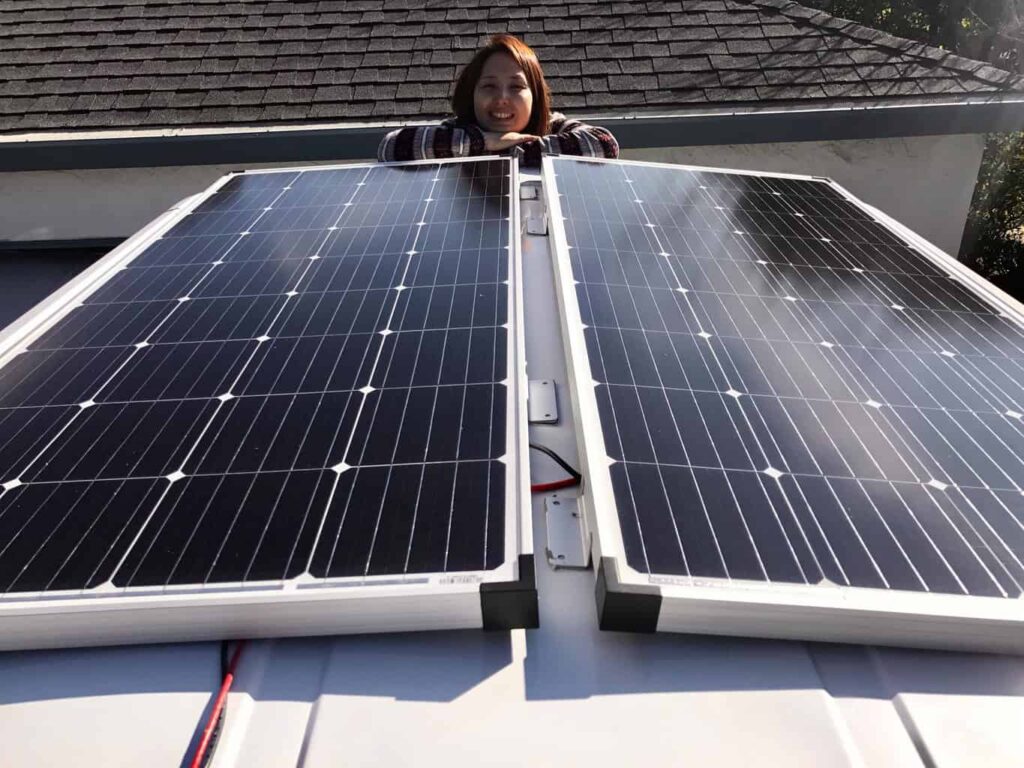
In our Installing Solar Panels post, we took great pains to ensure our drill holes were watertight. And so far…so good.
But if drilling holes in your campervan’s roof makes you queasy, flexible solar panels might be the way to go. Further up in this post, we linked to a YouTube video with instructions on installing flexible solar panels on an RV roof using only tape. No screws were used.
Are Tilt Mounts Worth It for Van Solar Panels?
You might have seen other blog posts and videos regarding using tilt mounts for van solar panels. Some travelers favor them because these tilt mounts can help position the solar panel to point directly at the sun better, which can be particularly useful in winter when the sun takes a lower arc across the sky.
Adjustable tilt-mount brackets for rigid solar panels. Great for improving solar efficiency during the morning and late afternoon hours.
But…our opinion? Just skip the tilt mount. Why?
1. Parking nightmare: Tilt mounts only tilt in one direction. This means you’ll have to park your campervan in precisely the right way so that the panels can be tilted towards the sun. That’s a hassle.
2. Constantly on the roof: Always climbing up and down the roof to adjust the tilt mounts sounds like a pain.
3. Higher center of gravity: Tilt mounts also force the solar panel to sit higher up vs. traditional Z-mount brackets. This would make the solar panels even MORE visible from the streetside.
Final Thoughts: Are Rigid Solar Panels the Best for Camper Van Conversions?
When we debated what types of solar panels to install on our van, our #1 priority was durability. We didn’t want our panels to malfunction during our travels. That’s why we chose rigid panels. Compared to flexible panels, they were tougher and more resilient for camper van travels. On top of that, they’re more efficient at converting sunlight into power AND cheaper than flexible panels.
So, in our opinion, rigid panels are a no-brainer.
If you have questions about which solar panels are best for van life, please let us know in the comments section below.
Happy Building!

Van Conversion Essential Bundles
Every resource on our website is 100% free to download and use. We don’t charge you, and we don’t require your email address. Happy building!

